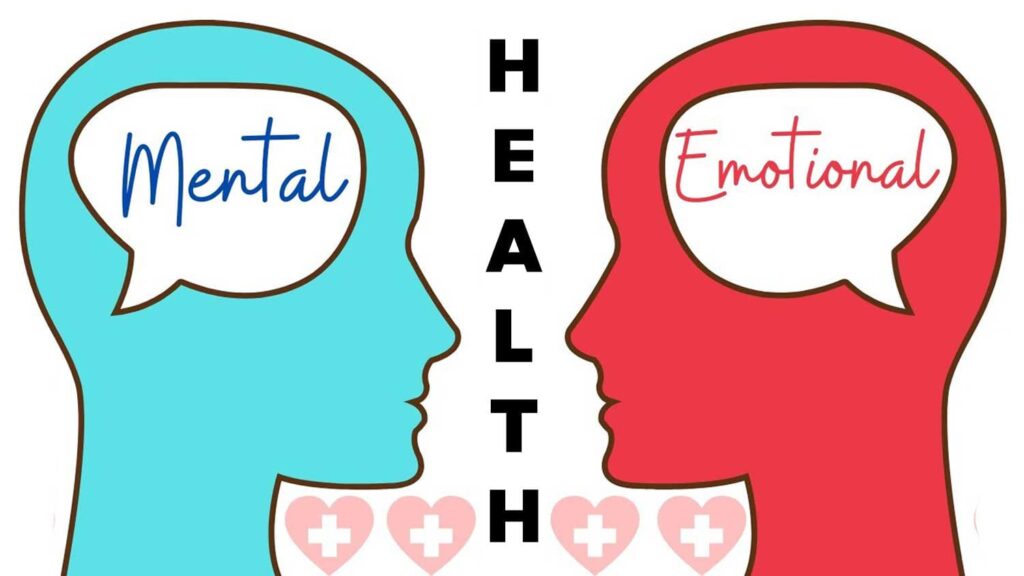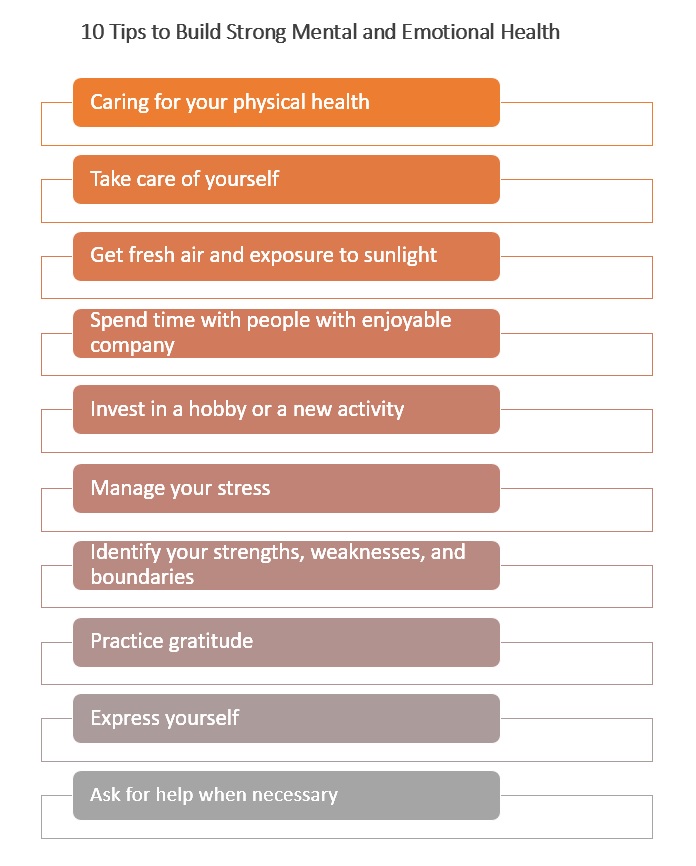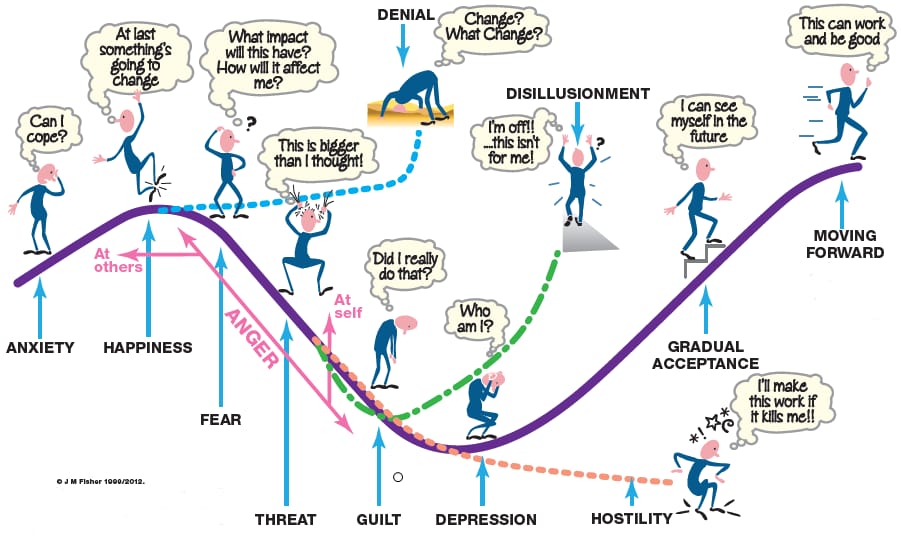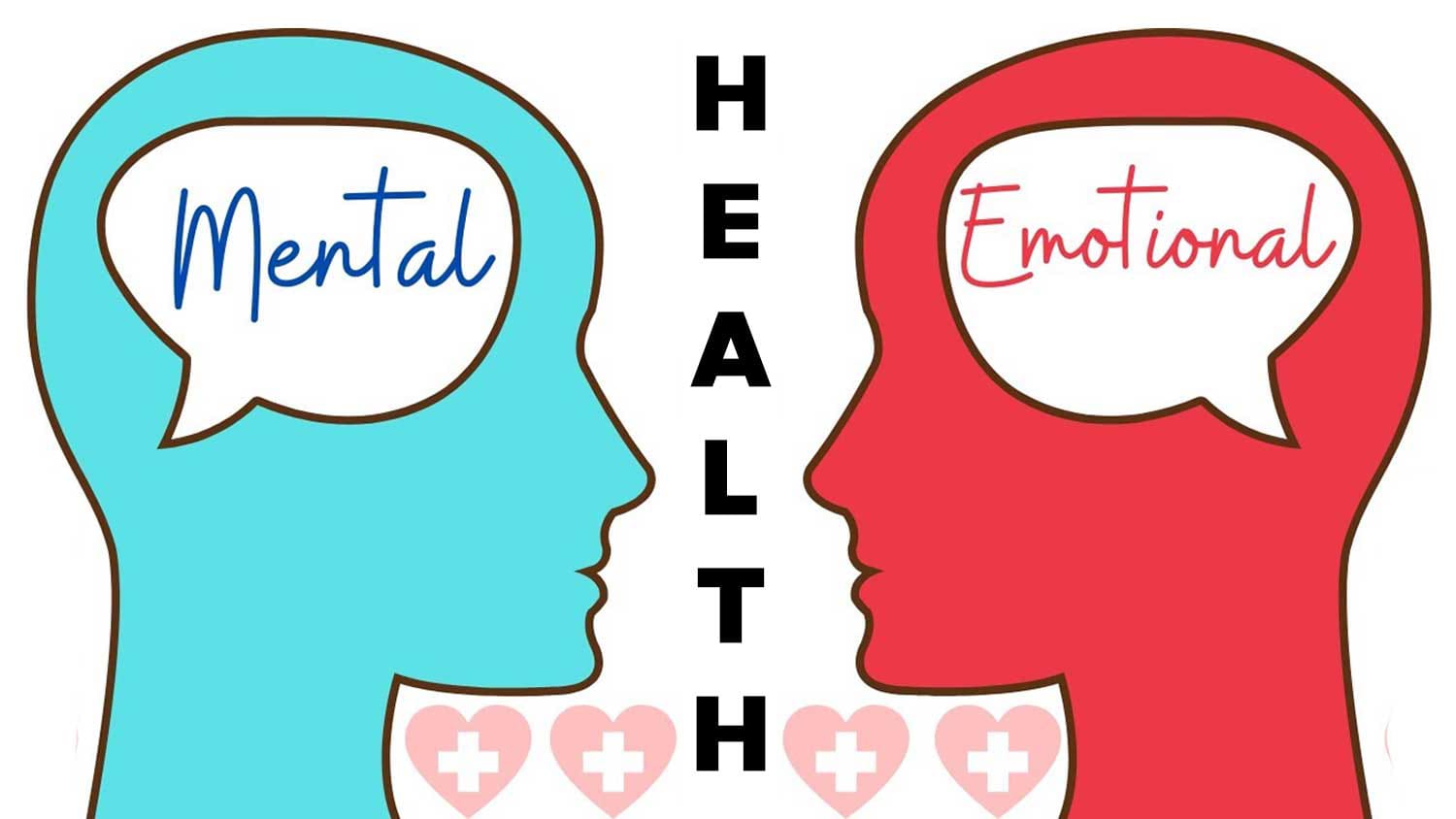Emotional health, often overlooked in the whirlwind of daily life, is a cornerstone of overall well-being. It’s not just about being happy always; it’s about understanding, managing, and expressing emotions in healthy ways. In this guide, we’ll trek through the landscape of emotional health, scaling its summits and descending into its valleys, to equip you with the tools and insights necessary for a fulfilling journey toward mental wellness.

Understanding Emotional Health
Emotional health encompasses a spectrum of factors, including self-awareness, resilience, interpersonal relationships accepting ion others negatively, and responding to them in constructive ways. Think of it as the foundation of psychological social bonding.

The Peaks: Strategies for Enhancing Emotional Wellness
- Self-Care Practices
Give love and respect to self-care rituals that nourish your mind, body, and spirit. This could include meditation, journaling, regular exercise, adequate sleep, and indulging in hobbies that bring you joy. - Healthy Coping Mechanisms
Develop healthy and fulfilling coping mechanisms to manage stress and deal with life’s challenges. Practice deep breathing exercises, seek support from loved ones, or consider therapy or counseling if needed. - Emotional Intelligence
Cultivate emotional intelligence by becoming more attuned to your own emotions and those of others. This involves recognizing emotions, empathizing with others’ perspectives, and effectively communicating feelings. - Mindfulness Practices
Incorporate mindfulness practices into your daily routine to anchor yourself in the present moment and foster a greater sense of calm and clarity. Mindful activities such as mindful eating, walking, or simply pausing to observe your surroundings can promote emotional well-being. - Healthy Boundaries
Set boundaries in your personal and professional relationships to protect your emotional well-being. Learn to say no when necessary and prioritize activities and people that uplift and support you.

The Valleys: Navigating Emotional Challenges
- Recognizing Signs of Distress
Be vigilant for signs of emotional distress, such as persistent sadness, anxiety, irritability, or changes in sleep or appetite patterns. These could indicate underlying mental health issues that require attention. - Seeking Support
Reach out for support from trusted friends, family members, or mental health professionals if you’re struggling emotionally. Always remember this, if someone asks for help, it is a sign of strength and not of weakness. - Self-Compassion
Practice self-compassion during difficult times, acknowledging that it’s okay not to be okay. Treat yourself with kindness and understanding, just as you would a dear friend facing similar challenges. - Healthy Outlets
Engage in healthy outlets for expressing and processing emotions, such as creative pursuits, physical activity, or talking to a supportive listener. Avoid turning to substances or behaviors that may provide temporary relief but exacerbate long-term issues. - Professional Help
Consider seeking professional help from therapists, counselors, or support groups if you’re struggling to cope with emotional difficulties. These professionals can provide guidance, support, and evidence-based interventions to help you navigate rough patches.
Recognizing and Addressing Emotional Blocks
Emotional blocks are unresolved emotions or traumas that hinder our emotional growth and well-being. These blocks can manifest as recurring patterns of behavior, irrational fears, or difficulties in forming intimate connections. Addressing Emotional Health often requires professional support, such as therapy or counseling. Through therapy, individuals can explore underlying emotions, challenge limiting beliefs, and develop healthier coping strategies, paving the way for profound emotional healing and growth.
The Impact of Lifestyle Factors on Emotional Health
Lifestyle factors such as diet, exercise, sleep, and substance use profoundly influence our emotional well-being. A balanced diet rich in nutrients can support brain health and mood regulation, while regular exercise releases endorphins, the body’s natural mood lifters. Prioritizing quality sleep allows for emotional processing and rejuvenation while avoiding excessive alcohol or drug use helps maintain emotional stability. By adopting a holistic approach to health that encompasses both physical and emotional well-being, we can optimize our overall vitality and resilience.
Conclusion: Scaling New Hlife’s journey, emotional health serves as our compass, guiding us through our compass, guiding us through both sunny skies and stormy weather. By prioritizing self-awareness, self-care, and healthy coping strategies, we empower ourselves to scale the peaks of emotional well-being and navigate the valleys with resilience and grace. Remember, the summit of emotional health is not a destination but a continuous ascent, marked by growth, self-discovery, and a profound connection with ourselves and others. So, equip yourself with the tools, embark on the journey, and embrace the adventure of cultivating a flourishing emotional landscape.

